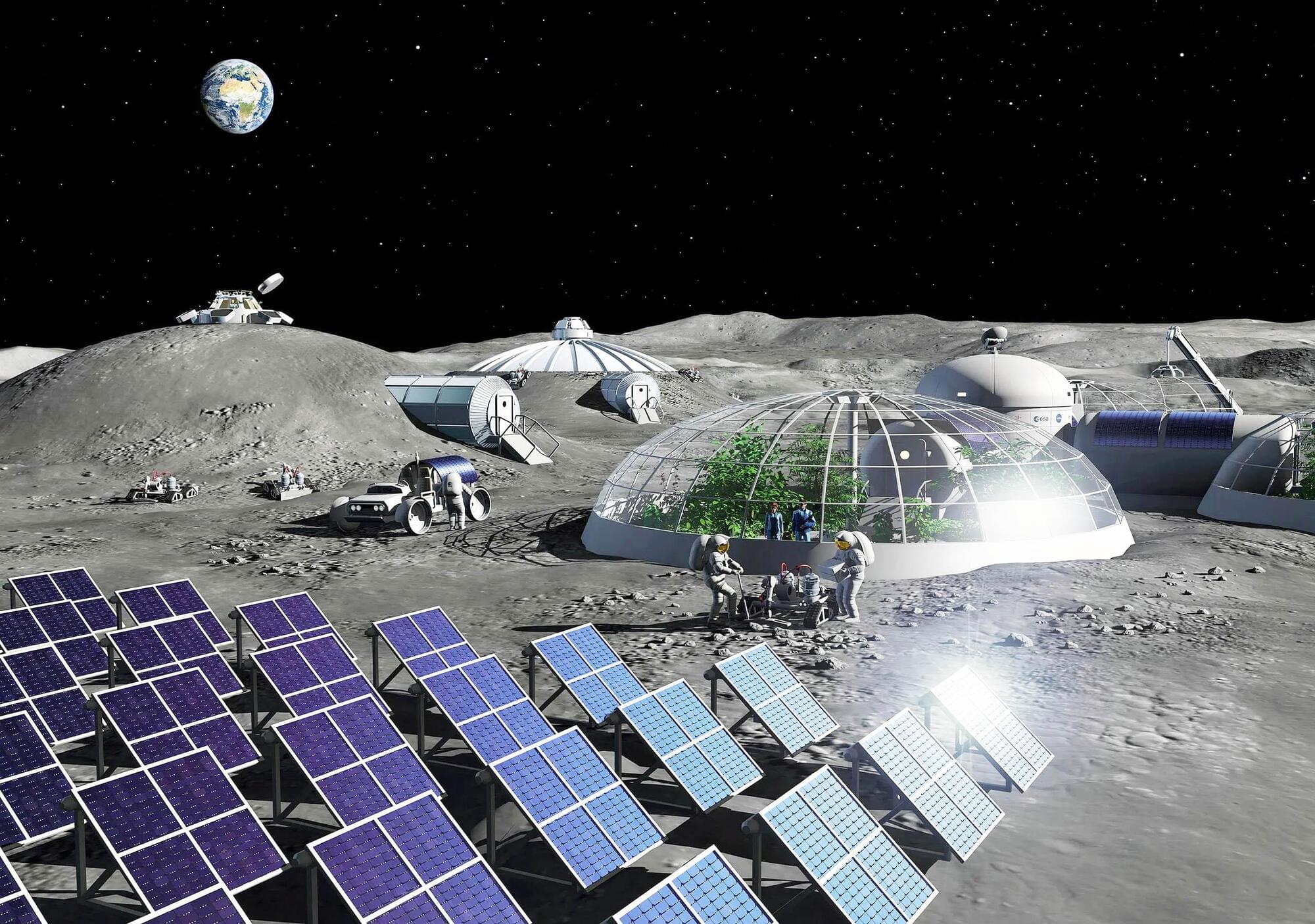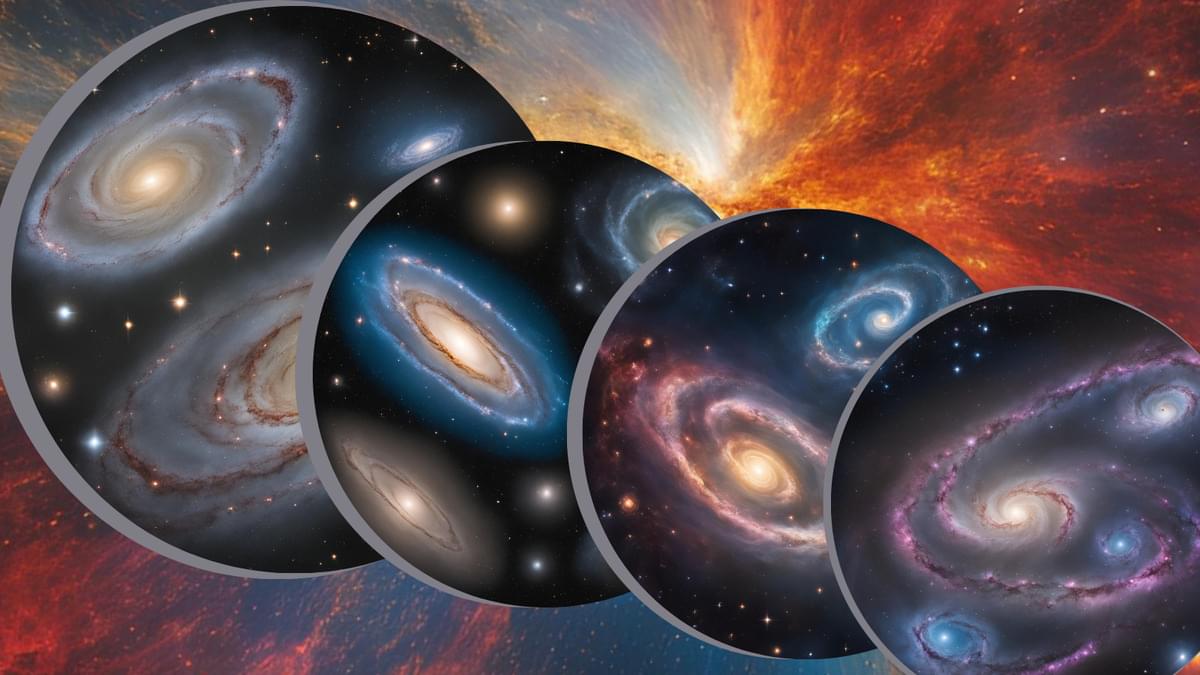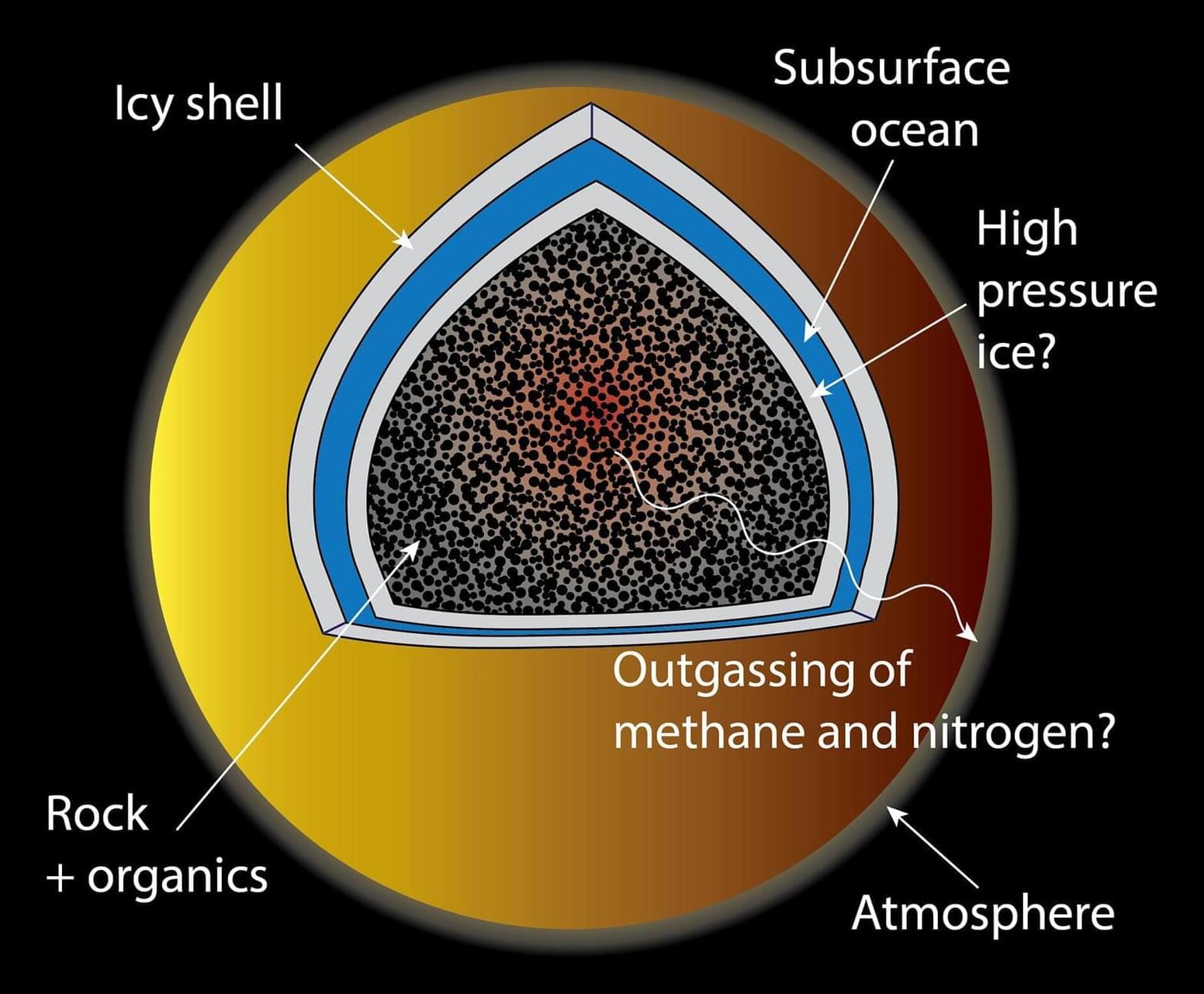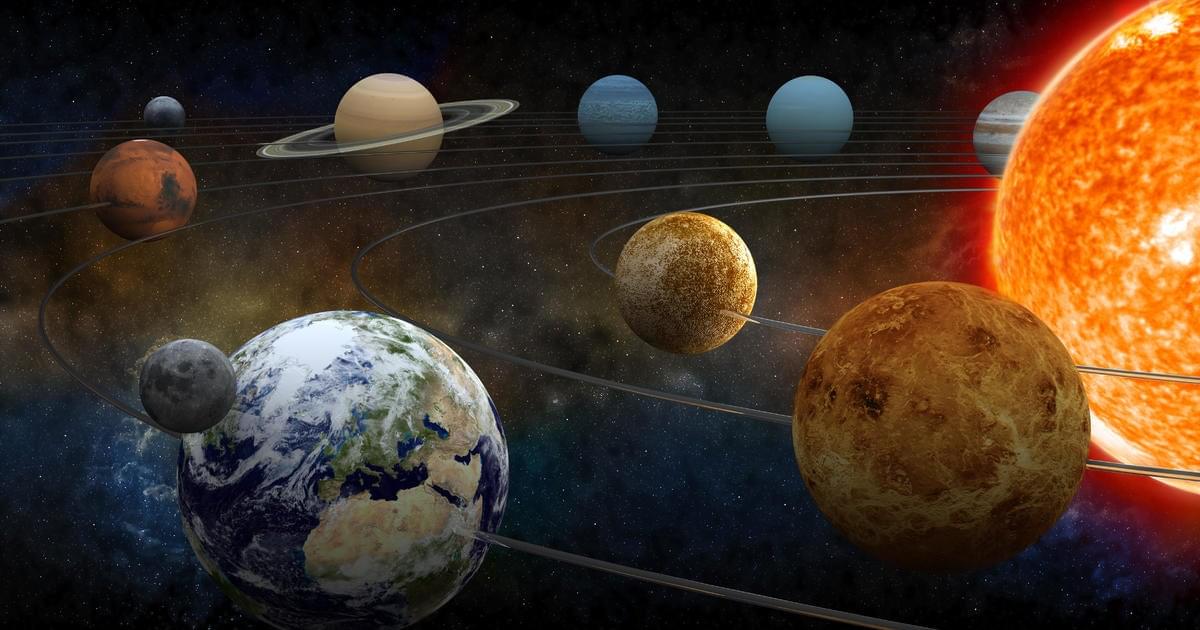Explore how 3D printing, robotics, and AI are paving the way for sustainable moon bases amid unique challenges.



“This process is like a cosmic CT scan, where we can look through different slices of cosmic history and track how matter clumped together at different epochs,” team co-leader Mathew Madhavacheril of the University of Pennsylvania said in a statement. “It gives us a direct look into how the gravitational influence of matter changed over billions of years.”
In order for the team to build this so-called CT scan of the universe, they needed to turn to light that has existed almost as long as the cosmos itself.
With such ancient light, it’s possible to track the changes the universe underwent as gravity reshaped it over around 13.8 billion years.

Mathematics and physics have long been regarded as the ultimate languages of the universe, but what if their structure resembles something much closer to home: our spoken and written languages? A recent study suggests that the mathematical equations used to describe physical laws follow a surprising pattern—a pattern that aligns with Zipf’s law, a principle from linguistics.
This discovery could reshape our understanding of how we conceptualize the universe and even how our brains work. Let’s explore the intriguing connection between the language of mathematics and the physical world.
What Is Zipf’s Law?
Fast radio bursts (FRBs) are one of the greater mysteries facing astronomers today, rivaled only by gravitational waves (GWs) and gamma-ray bursts (GRBs). Originally discovered in 2007 by American astronomer Duncan Lorimer (for whom the “Lorimer Burst” is named), these short, intense blasts of radio energy produce more power in a millisecond than the sun generates in a month.
In most cases, FRBs are one-off events that brightly flash and are never heard from again. But in some cases, astronomers have detected FRBs that were repeating in nature, raising more questions about what causes them.
Prior to the discovery of FRBs, the most powerful bursts observed in the Milky Way were produced by neutron stars, which are visible from up to 100,000 light-years away. However, according to new research led by the Netherlands Institute for Radio Astronomy (ASTRON), a newly detected FRB was a billion times more radiant than anything produced by a neutron star.
The Anthropic Principle and Super-Intelligence, or SI, are vital concepts to understanding the Universe and our future place in it.
Join this channel to get access to perks:
/ @isaacarthursfia.
Visit our Website: http://www.isaacarthur.net.
Join Nebula: https://go.nebula.tv/isaacarthur.
Support us on Patreon: / isaacarthur.
Support us on Subscribestar: https://www.subscribestar.com/isaac-a… Group: / 1,583,992,725,237,264 Reddit:
/ isaacarthur Twitter:
/ isaac_a_arthur on Twitter and RT our future content. SFIA Discord Server:
/ discord Support the Channel at Patreon: https://www.patreon.com/user?ty=h&u=3…
Facebook Group: / 1583992725237264
Reddit: / isaacarthur.
Twitter: / isaac_a_arthur on Twitter and RT our future content.
SFIA Discord Server: / discord.

The first trial of an Australian-developed technology has detected mysterious objects by sifting through signals from space like sand on a beach.
Astronomers and engineers at CSIRO, Australia’s national science agency, developed the specialized system, CRACO, for their ASKAP radio telescope to rapidly detect mysterious fast radio bursts and other space phenomena.
The new technology has now been put to the test by researchers led by the Curtin University node of the International Center for Radio Astronomy (ICRAR) in Western Australia.

Southwest Research Institute partnered with the Carnegie Institution for Science to perform laboratory experiments to better understand how Saturn’s moon Titan can maintain its unique nitrogen-rich atmosphere. Titan is the second largest moon in our solar system and the only one that has a significant atmosphere.
“While just 40% the diameter of the Earth, Titan has an atmosphere 1.5 times as dense as the Earth’s, even with a lower gravity,” said SwRI’s Dr. Kelly Miller, lead author of a paper about these findings published in the journal Geochimica et Cosmochimica Acta. “Walking on the surface of Titan would feel a bit like scuba diving.”
The origin, age, and evolution of this atmosphere, which is roughly 95% nitrogen and 5% methane, has puzzled scientists since it was discovered in 1944.


Harnessing The Power Of The Crowd To Solve Important Problems — Steve Rader — Program Manager — Center of Excellence for Collaborative Innovation & Tournament Lab, NASA.
Steve Rader (https://www.nasa.gov/people/steve-rader /) serves as the Program Manager of NASA’s Center of Excellence for Collaborative Innovation (CoECI — https://www.nasa.gov/coeci/) and the NASA Tournament Lab (NTL — https://www.nasa.gov/general/nasa-tou…), which are working to infuse challenge and crowdsourcing innovation approaches at NASA and across the federal government. CoECI focuses on the study and use of curated, crowdsourcing communities that utilize prize and challenge-based methods to deliver innovative solutions for NASA and the U.S. government.
In 2015, Steve was named as one of 20 Challenge Mentors for U.S. Government Services Administration’s (GSA) Prizes and Challenges government-wide community of practice. Steve has worked with various projects and organizations to develop and execute over 100 different challenges. He speaks regularly about NASA’s work in crowd-based challenges and the future of work both publicly and internally to the NASA workforce to promote the use of open innovation tools.
Steve has a Mechanical Engineering degree from Rice University and has worked at NASA’s Johnson Space Center for 33 years. Prior to joining CoECI/NTL, Steve worked in mission control, flight software development for the Space Shuttle and International Space Station, command and control systems development for the X-38 (the experimental re-entry vehicle designed by NASA to research a possible emergency crew return vehicle), and led the Command, Control, Communications, \& Information (C3I) architecture definition for the Constellation Program.
#SteveRader #NASA #CenterOfExcellenceForCollaborativeInnovation #TournamentLab #OpenInnovation #GovernmentServicesAdministration #Prizes #Challenges #MechanicalEngineering #X38 #ConstellationProgram #JohnsonSpaceCenter #SpaceShuttle #InternationalSpaceStation #Crowdsourcing #DualUse #STEM #Innovation #Science #Technology #Research #ProgressPotentialAndPossibilities #IraPastor #Podcast #Podcaster #Podcasting #ViralPodcast